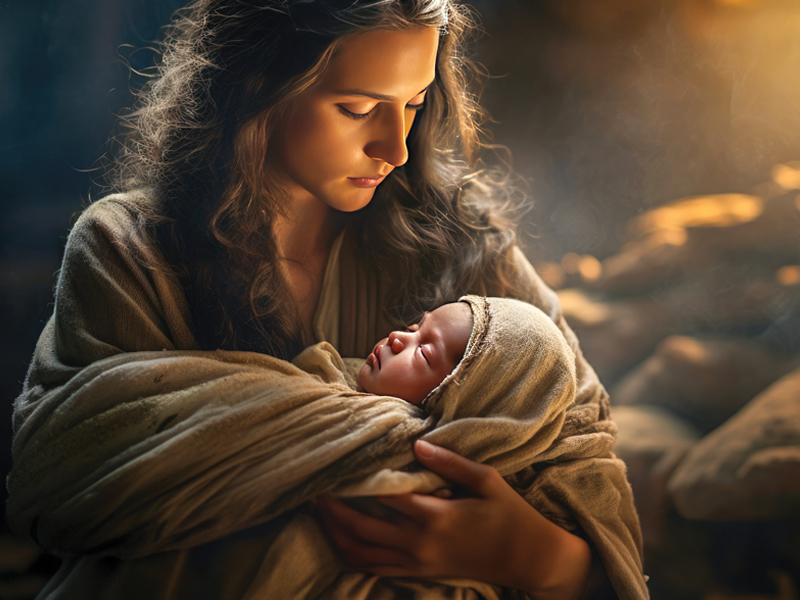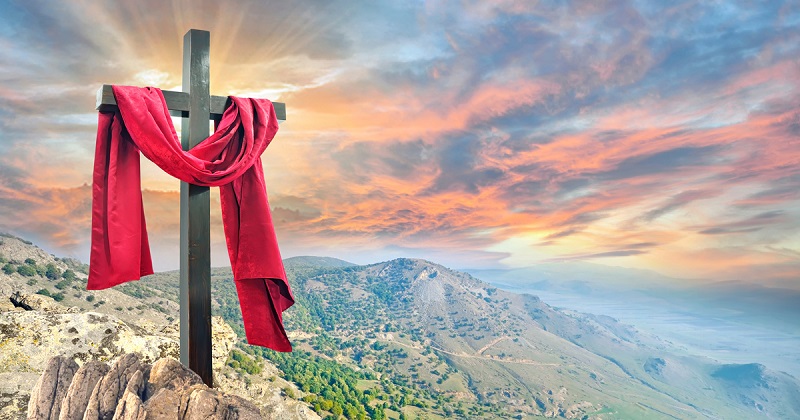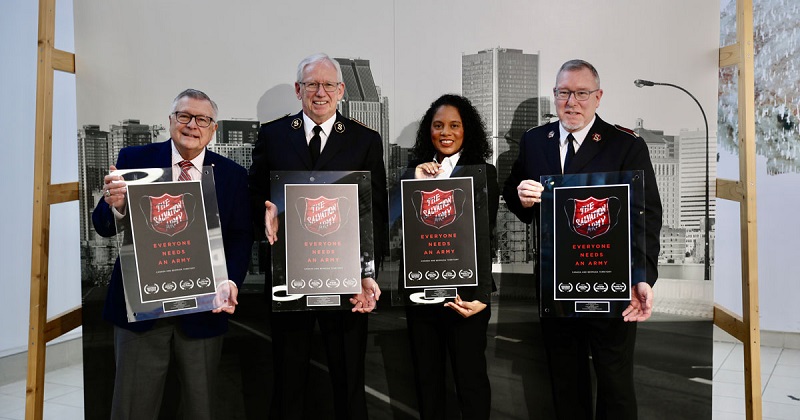Interview With Salvation Army’s New International Leader
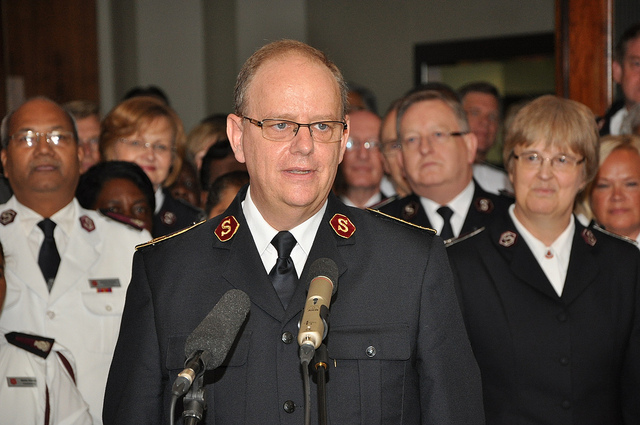
On August 3, 2013, The Salvation Army announced its new world leader, General André Cox. In this interview with SalvationArmy.ca, General Cox discusses a variety of pressing issues, such as worldwide poverty, human trafficking, and embracing different cultures.
Tell us about your early years. How did they shape you as a person?
I was born in Harare, Zimbabwe. My parents were Salvation Army officers/pastors and I spent my childhood years in Zimbabwe and the United Kingdom.
In Zimbabwe my parents served in a mission station in the bush. A lot of my playmates were African. That had a profound impact in shaping my life. In some ways I feel that my childhood was very privileged, particularly when I look at it in the context of what the majority of the population was facing.
I developed a great love for Africa and its people that I have to this day.
Poverty is on the increase rather dramatically around the world. How can The Salvation Army be more effective in local communities?
First and foremost I would like to say that the poor should not be looked at as a subject of pity. The poor are extremely resilient.
We should work alongside people to help them find solutions to their problems rather than saying this is what you need to do.
We also need to use the influence we have in communities within the political sphere. We need to be working with politicians and policy-makers on issues that we recognize as having a negative impact on society.
We shouldn’t be satisfied with offering people short-term solutions like clothes or food. While that is all good we should work with them and their communities toward long-term resolutions.
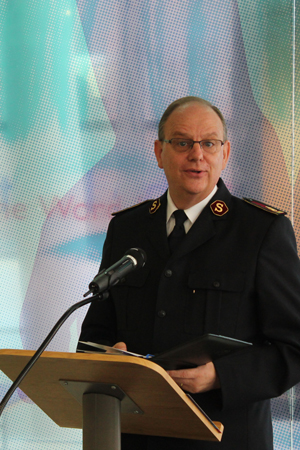 For a number of years, the Army has been fighting human trafficking worldwide. Have you witnessed this tragedy firsthand? How will the Army make this a priority going forward?
For a number of years, the Army has been fighting human trafficking worldwide. Have you witnessed this tragedy firsthand? How will the Army make this a priority going forward?
I’ve served in five continents around the world and everywhere have seen evidence of this evil—in developed and developing countries.
I hear examples all around the globe of The Salvation Army and its local response. In the UK we are working directly with the government on a significant project.
I’m not sure that we make the international connections that we could within the Army, particularly in places where people have to be repatriated. Perhaps we could be of greater support.
How do partnerships with governments, organizations and communities make a difference to The Salvation Army?
We learn a lot in our partnerships with government and other organizations. They help us raise our own standard. We recognize that we need to work to the highest of standards whether it’s in project development, in community engagement, or in issues like anti-human trafficking.
External partnerships help us to see things in an objective manner and strengthen where we see weakness.
How does The Salvation Army embrace multiculturalism?
Multiculturalism is one of the aspects I love best about the Army. Around the Army world there is diversity and I think it should be celebrated. It’s exciting to see different cultures work together with similar values. Multiculturalism, along with its differences, is something we rejoice in.
The Salvation Army has hundreds of thousands of volunteers and financial supporters. How important are they to the work of The Salvation Army?
The good reputation and extent of our services is largely due to the efforts of many people serving in the frontlines that include our volunteers, pastors and employees. They are the face of the Army in our communities.
We don’t take for granted the millions of donors we have around the world. We greatly value their trust and support. Without them we wouldn’t be able to do anything like we are able to do.

